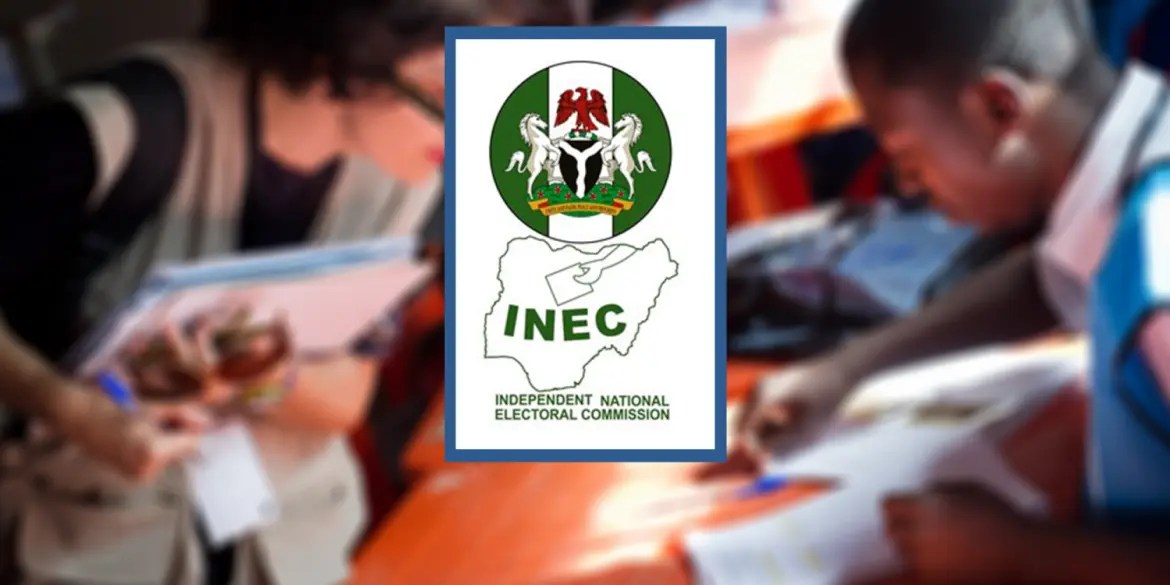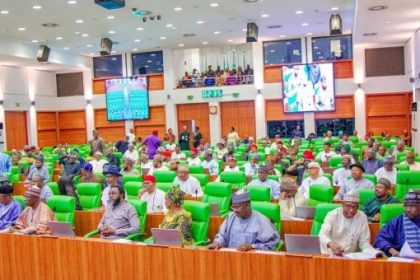
By Adeyemi Adekunle
The Independent National Electoral Commission (INEC) has made an urgent appeal to the National Assembly, emphasizing the necessity for a significant increase in its budget allocation for the 2025 fiscal year. At a joint budget defense session with the Senate and House of Representatives Committees on Electoral Matters in Abuja, INEC Chairman, Professor Mahmood Yakubu, disclosed that the N40 billion currently earmarked for the Commission is far below the N126 billion required for seamless operations.
Professor Yakubu underlined the pressing financial challenges faced by INEC in light of its statutory responsibilities and rising operational costs, including the implications of the recent minimum wage hike.
Highlighting the weight of 2025 as a pivotal year for the Commission, the INEC Chairman stated that multiple electoral activities must be funded to maintain Nigeria’s democratic integrity. Among these is the preparatory groundwork for the Anambra Governorship election slated for later in the year.
This essential task, Yakubu noted, is not included in the current budget. Additionally, preparations for the Federal Capital Territory (FCT) Area Council elections scheduled for February 2026 and bye-elections nationwide are unfunded in the existing fiscal plan.
“We must monitor party primaries and conduct other pre-election activities that are crucial for these electoral cycles, yet no provision has been made for these in the proposed budget,” Professor Yakubu asserted.
He further lamented that the ongoing budget of N40 billion barely covered operational essentials such as salaries, pensions, National Health Insurance Scheme (NHIS) contributions, and Industrial Training Fund (ITF) contributions in 2024.
Professor Yakubu drew attention to the 2024 fiscal year when INEC faced similar financial constraints. Although the Commission initially proposed N80 billion for its activities, it received the same N40 billion allocation. In that instance, INEC resorted to negotiating an additional N10.5 billion from the Executive to successfully conduct the Edo and Ondo Governorship elections.
The Chairman’s presentation stressed that the anticipated financial shortfall, if left unaddressed, could hinder INEC’s plans to replace key equipment such as Bimodal Voter Accreditation System (BVAS) machines, voting cubicles, and other election-critical materials.
Responding to the INEC Chairman’s presentation, Senator Ireti Kingibe expressed concern over the potential ramifications of insufficient funding on the nation’s electoral process. “The National Assembly must take this seriously,” she stated, emphasizing the legislature’s obligation to ensure INEC is adequately empowered to safeguard democracy.
She added, “If INEC is to discharge its constitutional mandate effectively, especially in the face of logistical and operational challenges, we must re-evaluate and prioritize its funding.”
The discussion has reignited the national conversation on the cost of conducting elections in a country as vast and diverse as Nigeria, where logistical hurdles, technology upgrades, and voter education require substantial investment.
INEC’s call for increased funding extends beyond monetary allocation—it reflects a broader appeal to maintain the credibility of Nigeria’s democratic processes. As the nation looks to 2025, the electoral umpire is signaling that sufficient financial backing is not just an option but a necessity for strengthening governance.
For now, all eyes are on the National Assembly to rise to the occasion, ensuring that INEC’s financial needs are adequately met to keep Nigeria’s democracy thriving.




